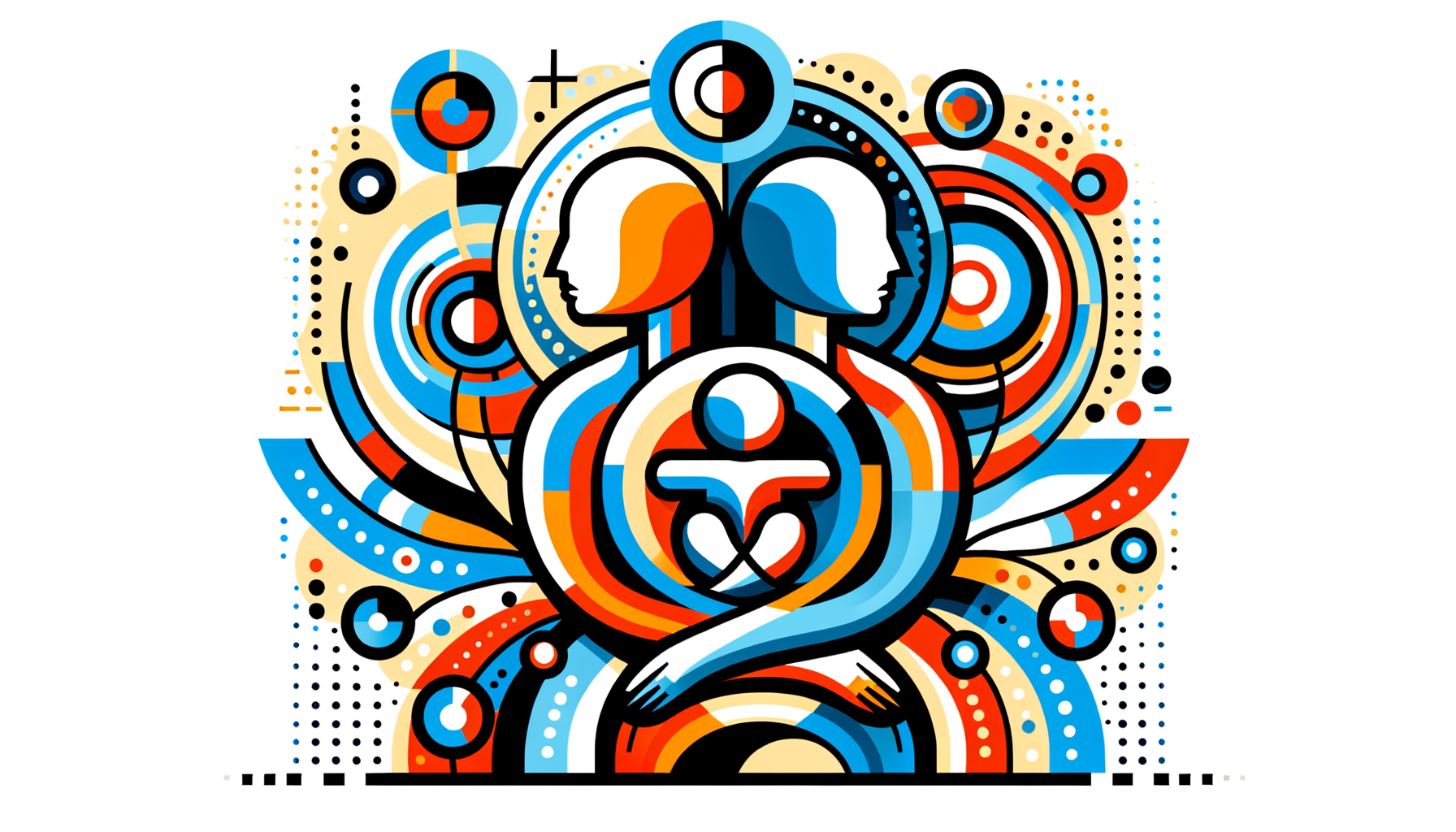The Family Myth I Grew Up Believing
The All-American Screen Saver: Our Perfect Family Illusion
Growing up along Myrtle Beach’s swirling sand dunes and carnival-bright boardwalks, I often felt like I was living in one of those default Windows desktop backgrounds—a blissful, picturesque scene of palm trees and sunshine. My family, with our quaint beachside café and weekend outings to watch the fireworks from the pier, seemed like contestants on a late-90s sitcom plotting lighthearted hijinks.
Whenever tourists asked about our lives running the café, my mom had a go-to line she delivered with a perma-smile: “It’s like working in paradise—it never feels like a job when you love what you do!” And I believed it. Oh, how I believed it. To me, my parents existed as some mythical power duo, energized not by coffee beans but by boundless joy and mutual support.
But, as I eventually learned, "paradise" isn’t free from mosquitoes, storm surges, or a steady undercurrent of occasional family dysfunction.
Behind the Magic Curtain of the Family Café
What strikes me now is how well my family cultivated this enchanting illusion. My parents were the king and queen of their castle—the café—and I was their sandy-footed squire, refilling ketchup bottles and wrapping silverware with the finesse of a reality show contestant competing in "Beachside Diner Olympics."
Every year we’d brave the chaos of tourist season, weathering long hours, broken ice machines, and arguments over everything from pancake recipes to who forgot to lock up the umbrellas. Yet, to outsiders? My parents made it all seem like beachy bliss.
One summer, when a tourist from Ohio asked my dad if he ever considered moving to someplace "more business-friendly," my dad laughed heartily before saying, “Why would we? This little place is perfect.” The guy bought it hook, line, and sinker. And, for years, so did I.
Cue the Myth-Buster: Reality Crashing In
It wasn’t a single lightning-bolt moment that shattered my glossy family ideal; it was more like erosion. The first grains of doubt came during my brief stint living in New York after college. There, I saw people openly talk about their struggles—colleagues vented about job dissatisfaction, roommates argued about everything short of breathing too loud, and even strangers on the subway didn’t mince words about how “not okay” they were feeling.
It made me think about home and how, no matter what happened, my parents maintained their sturdy, "everything’s fine" façade. I wondered why we couldn’t have been a little more real with ourselves or each other. Did we think pretending things were perfect would make them so?
Then came my first Thanksgiving home from NYC: Dad fixing the café’s plumbing at 8 p.m., Mom so tired her attempt at cranberry sauce looked more like chutney, and me earning an eye-roll for suggesting we all sit and just talk instead of rushing around. (Spoiler: we rushed around.) It struck me then that the idyllic version of our family life didn’t include those messy bits, but the messy bits were the truth.
The Myth We All Hold Onto
Here’s what I’ve realized since: Families, much like relationships, like to weave their own narratives. You might call it tradition; I call it a retro filter we slap onto our memories to make things seem shinier.
For my family, the myth was that we were this quirky, harmonious beachside operation—a real-life Cheers. Maybe for your family, it’s that “we’ve always stuck together no matter what” or “our parents loved everyone equally.” Whatever it is, myths are comforting. They let us believe we’ve got our sea legs no matter how choppy the waters.
But holding on too tightly to those myths can lead to trouble, especially as you head into adult relationships. Picture this: You’re on a date, and someone says, “My family is the definition of #goals!” Okay, cool, Kevin—but are you just ignoring all the times your parents passive-aggressively argued over the thermostat?
The Lessons My Family Myth Taught Me About Love
To be clear, I’m not saying family myths are bad. I’m eternally grateful my parents did what they could to create stability and inject joy into my life. But as someone who grew up idolizing this seemingly perfect story, I’ve had to do some late-in-life unlearning to become better in my own relationships. Here’s what I’m taking away from it:
-
Be Honest, First with Yourself
My parents never outright lied, but their “everything’s great” energy left little room for vulnerability. In dating, that same energy can be toxic. Pretending everything is fine when cracks are forming beneath the surface? Recipe for disaster. Start by acknowledging those cracks—they don’t make you weak; they make you human. -
Embrace the Chaos
One of the reasons I struggled to connect in my early relationships was because I thought I had to embody the calm equilibrium I’d seen in my parents. But real love is more like running a beach café on a Fourth of July weekend—a little messy, a little stressful, and absolutely worth it if you’re in it for the right reasons. -
Drop the Filters
The best connections happen when you stop pretending and start sharing your authentic story. Sure, it’s tempting to dust off your highlight reel when someone asks about your childhood, but don’t shy away from admitting, “Yeah, things weren’t perfect, but we worked through it.” -
Know Myths Can Be Revised
Just as my family evolved beyond the café-owning era and carved out new traditions, relationships don’t need to remain stuck in one storybook chapter. It's okay if things look different than you imagined. Rewrite the narrative when you need to—together.
Pulling Back the Curtain
These days, I no longer cling to the idea that my family was some beachfront utopia or that we needed to be for our bond to mean something. In fact, I’ve leaned into the little imperfections that make my parents’ love story—and mine—so much more interesting. The truth isn’t as picturesque as a Myrtle Beach postcard, but it feels a lot more real.
And honestly? I’ll take real over perfect any day of the week.




















